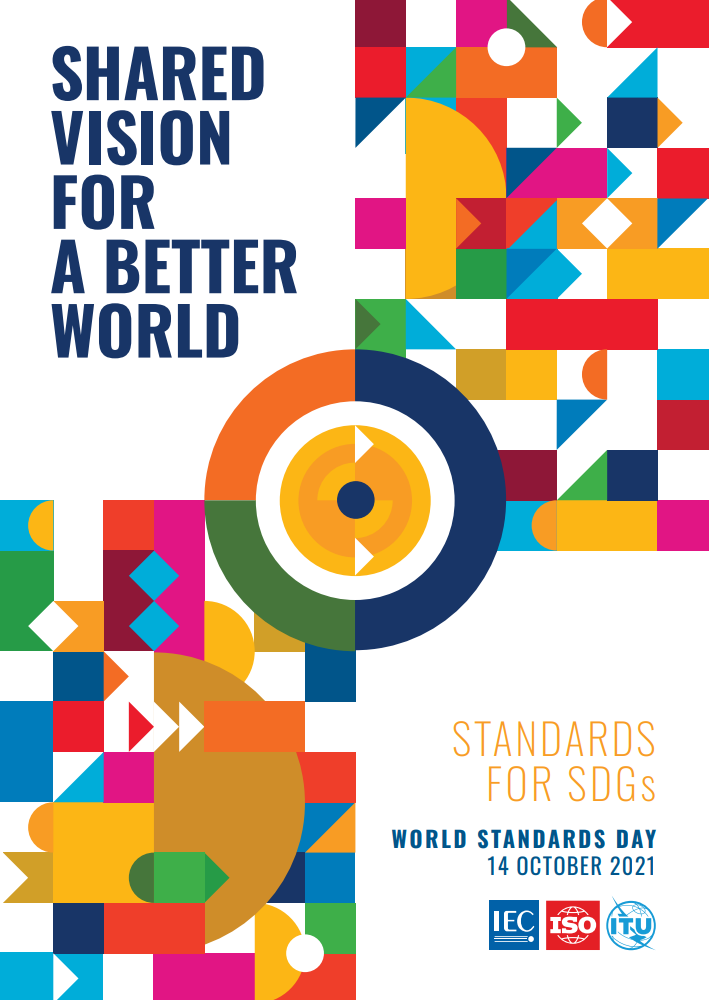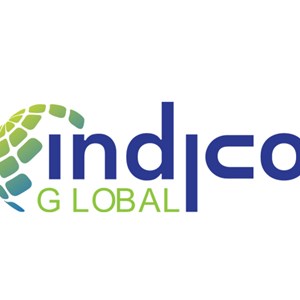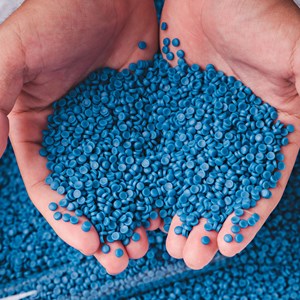Every year on 14 October, the international standardization community celebrates World Standards Day. This year’s edition “Our shared vision for a better world” is dedicated to how standards support the Sustainable Development Goals of the United Nations (SDGs).
The 17 SDGs are ambitious objectives stated in 2015 by the UN’s 2030 Agenda for Sustainable Development. They aim, among other issues, to address social imbalances, develop a sustainable economy, and slow the rate of climate change. To be achieved, the SDGs require the cooperation of many public and private partners, and the use of all available tools. In this context, standards, and standardization organizations such as CEN and CENELEC, have a big role to play.
Voluntary, consensus-based standards can provide valuable solutions to complex, global challenges:
- they offer shared and clear rules of behaviour, and therefore facilitate the dissemination of best practices, allowing for rules on safety, energy efficiency and sustainability to be streamlined.
- CEN and CENELEC support the European Union’s ambition to implement the SDGs: the EU Green Deal, the EU Circular Economy Action Plan, the New Industrial Strategy for Europe, and the EU’s Trade Strategy, to name only a few.
- Standards contribute to the fast transmission of innovation and new technologies and foster global trade, benefitting consumers, service providers and governments all across the world.
In particular, standards are particularly relevant for businesses: they allow to translate the SDGs into actionable business objectives and can be used as a framework to operate sustainably.
CEN and CENELEC develop European Standards that contribute to the three pillars of economic, environmental and societal sustainability and provide long-term solutions to achieve the SDGs. Some examples:
- SDG 5 Gender equality: CEN and CENELEC signed in 2019 the UNECE declaration on Gender Responsive Standards, pledging to adopt a gender-aware approach to standardization, and established an ambitious implementation plan that is reviewed on an annual basis.
- SDG 6 Clean Water and Sanitation: two Technical Committees (TCs) are specifically working on the field to provide safe and steady water supply, TC 230 ‘Water Analysis’ and TC 164 ‘Water Supply’. In particular, CEN/TC 164 developed two standards in the EN 15975 series that ensure the security of water supplies.
- SDG 7 Affordable and Clean Energy: one of the key targets of SDG 7 is to double the global rate of improvement in energy efficiency by 2030. A lot of existing standards on the management of energy use or of carbon emissions can be used as a tool for companies to gradually improve their performance and the energy efficiency of their products. For instance, in the field of Ecodesign and Energy Labelling, 25 CEN and CENELEC Technical Committees produce European Standards that provide dedicated methods for measuring the energy performance of various energy-related products against the compulsory values and thresholds set by the European legislation.
Another important area is the transport sector: European standards are committed to reducing the amount of energy used by transports and to operate a shift to more sustainable fuels. As an example, CENELEC developed EN 50591 ‘Railway Applications - Rolling Stock - Specification and verification of energy consumption’. This standard establishes a criterion for the energy consumption of rolling stock to calculate the total net energy consumed, thus supporting the improvement of the energy efficiency of rail vehicles.
- SDG 12 Sustainable consumption and production: the textile industry is a resource intensive industry. In order to address this, more and more solutions for circular textile products are emerging, and textiles are a main topic in the EU Circular Economy Action Plan contributing to a circular economy. CEN, through its TC 248 WG 39 ‘Circular Economy for textile products and the textile chain’, is working to develop common rules for circularity, that avoid green washing and by creating a level playing field for all producers in the (circular) textile industry. The Recent work initiated foresee the development of a European Technical Specification on ‘Circular Textiles Chain – Requirements and categories’.
- SDG 13 Climate action: CEN and CENELEC are working extensively to contribute to environmental protection and to greening the economy. CEN recently established the new CEN/TC 467 ‘Climate Change’, with the objective to develop European standards to mitigate and adapt to climate change, including related social and economic aspects.
Furthermore, CEN and CENELEC’s commitment to sustainable development is proven by the priority given to achieving the SDGs within the CEN and CENELEC Strategy 2030. This strategic direction will mark the evolution of the European standardization system in the next ten years, making it fit for the future and contributing to building a safer, more sustainable and competitive Europe through European and International Standardization.
As part of this ambition, goal 5 of the Strategy clearly expresses the commitment to “International standardization to be a lever for sustainable development”. The timeline of the Strategy, which coincides with the one of Agenda 2030, offers many opportunities for the implementation of the SDGs.
Join the conversation on Twitter at @Standard4EU with the hashtags #WorldStandardsDay and #Standards4SDGs!

Claire DALIER
cdalier@cencenelec.eu



